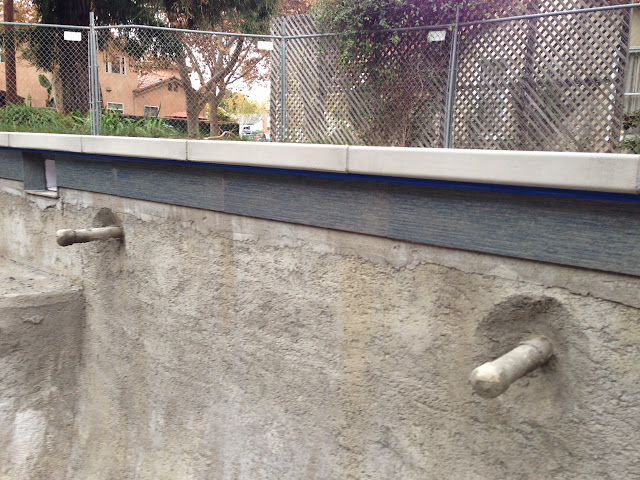I'm in Hawaii and need to replaster. Quartz has been recommended, as the regular plasters don't last too long here. One guy does Krystalcrete and the other recently switched from Diamondbrite to Quartzscapes. (I believe these are all similar products though?)
The Krystalcrete guy says not to expose the aggregate, that it will just cost more and the plaster won't last as long because right away you're removing some of it. He says to just let the aggregate expose itself over time. Does this make any sense?
The Krystalcrete guy says not to expose the aggregate, that it will just cost more and the plaster won't last as long because right away you're removing some of it. He says to just let the aggregate expose itself over time. Does this make any sense?


